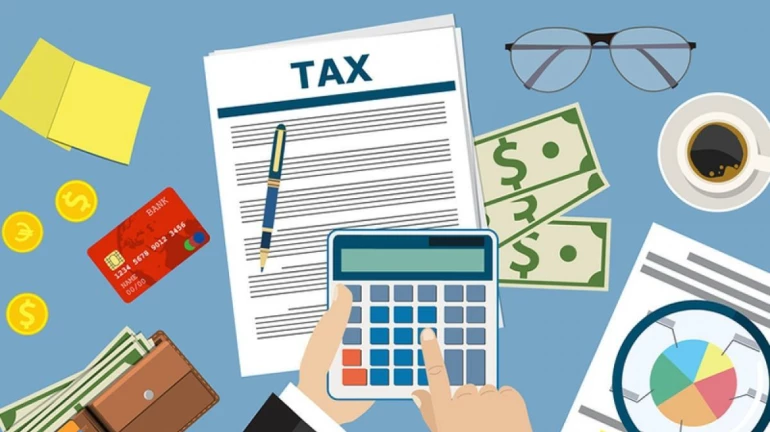
Any task that includes the word ‘planning’ should not be left to the last minute. However, with so many things to handle, it is understandable that we sometimes miss the tax planning bus. When you leave your tax liability payments down to the last minute, the chances of making simple yet costly errors increase manifold. Here’s a quick look at some last-minute tax planning errors to avoid.
This may seem like a no-brainer, but the truth is that many people don’t even know how much they owe in taxes. Take some time to quickly look through your primary and secondary income sources to calculate your gross taxable income.
Primary sources include your monthly salary, business profits, and other professional sources of income. Secondary sources are the ones that most people fail to factor. These include dividends, property rental earnings, royalties, interest earned, and capital gains.
In order to understand how much you should be investing in tax-saving financial products, the first step is to know your gross taxable income from all possible sources.
Post-April 1st, the process of filing ITR will be made easier with pre-filled forms. However, for the 31st March deadline, you will have to do the math yourself.
Save as much tax as possible by utilising tax-saving provisions to the fullest. Most people know about Section 80C helps you claim a tax deduction of up to Rs. 1.5 lakhs by investing in instruments like Public Provident Fund (PPF), Employee Provident Fund (EPF), National Pension Scheme (NPS), and Equity-linked Savings Scheme (ELSS), to name a few. However, there are other tax-saving provisions that could be used to the same effect.
For instance, under Sections 80D/DD/DDB, you can apply for tax deductions over any medical expenses paid for treatment of handicapped dependents or for specific illnesses listed in the Act.
Whether you invest in tax-saving mutual funds or fixed deposits, keep in mind that every financial instrument that can be used to save tax has a lock-in period associated with it. It is essential to analyse your liquidity needs before investing large amounts in tax-saving products. Investing all your money in tax-saving products with a long lock-in period is likely to cause you a financial crunch when you need funds immediately at a later date.
While planning your taxes at the last minute, it is possible that a few silly mistakes cost you a lot. Keep in mind that most tax-saving instruments will require you to make payments a few days before the IT filing deadlines, so that the amount reflects in your PPF, NPS, or other accounts.
If you send your cheque in on the 30th of March, it may not clear on the next day. In such a situation, you will have paid the money and still lost any tax benefits you could have gained. Similarly, keep an eye on signatures and documentation requirements because a signature missed here and a document not submitted will foil your last-minute tax planning endeavour.
Since it pertains to your hard-earned income, it is always advisable to finish tax planning much in advance. However, even if you are stuck planning at the last minute, steer clear of these avoidable mistakes.





